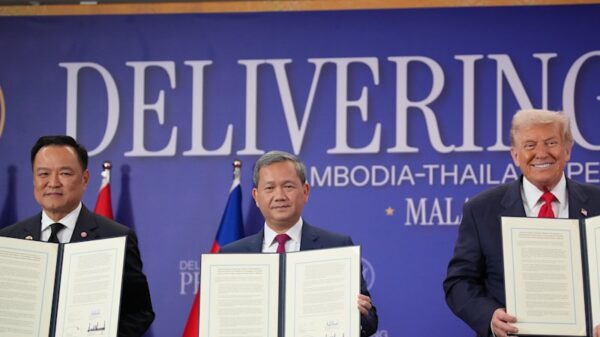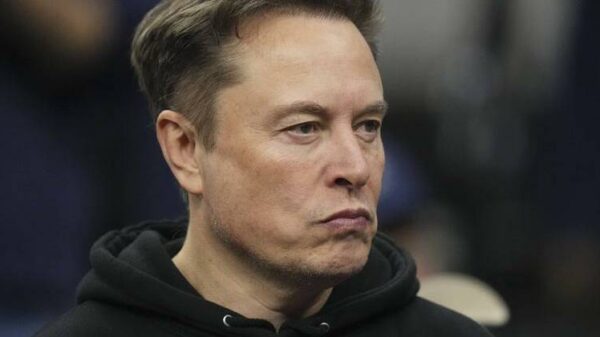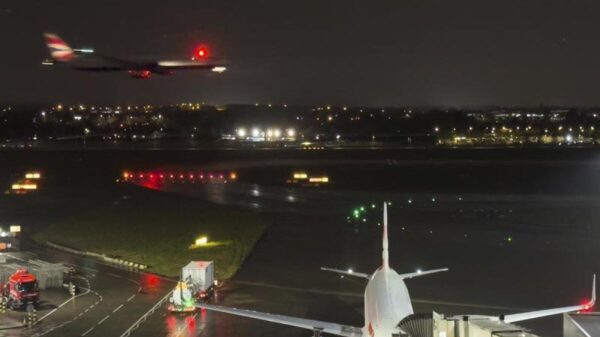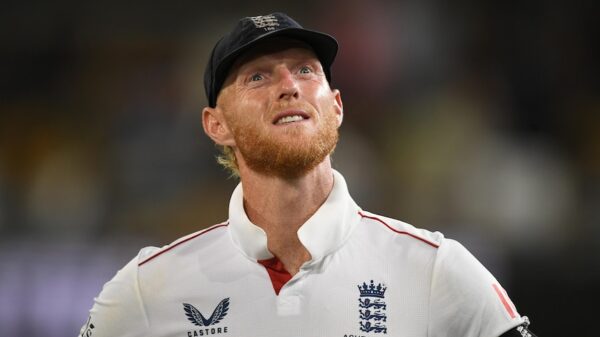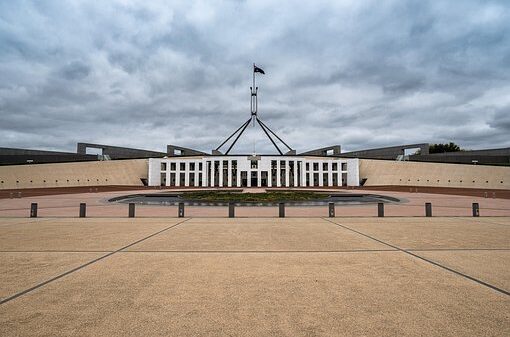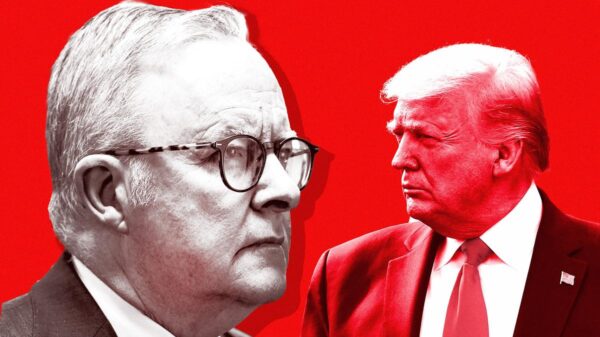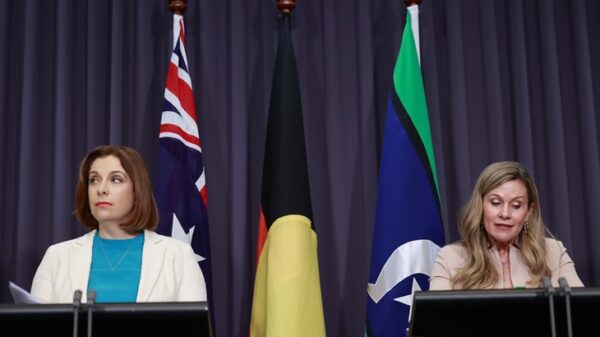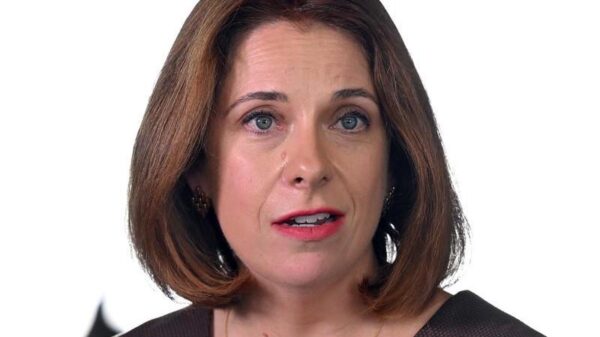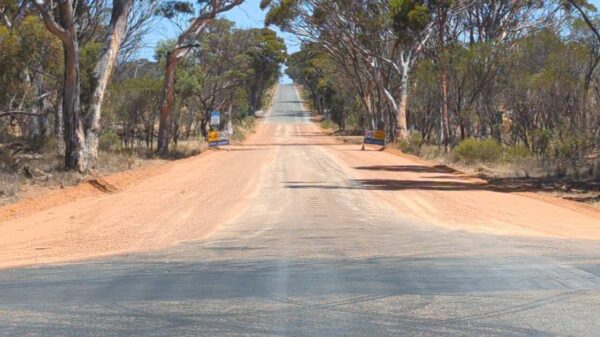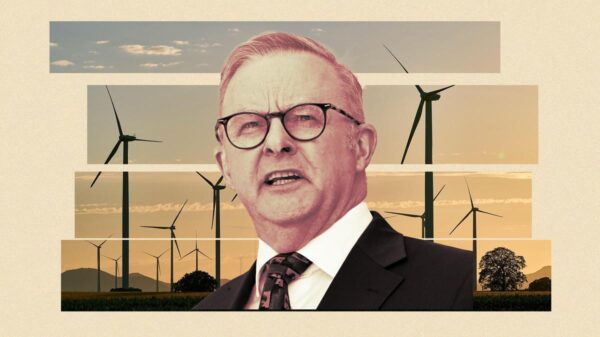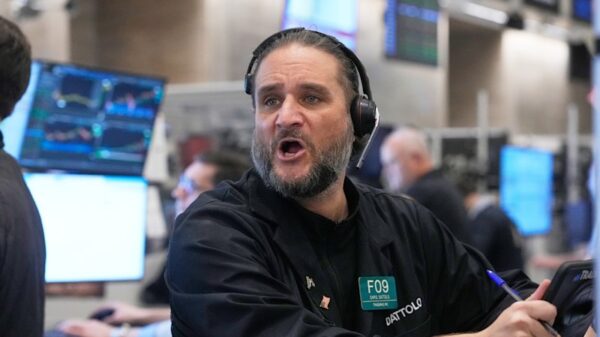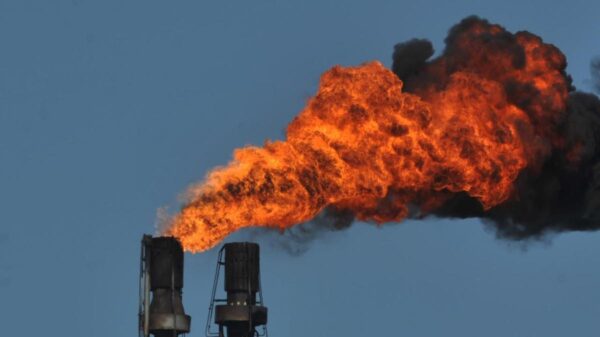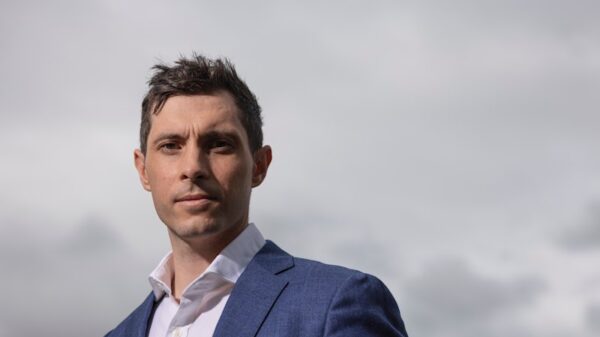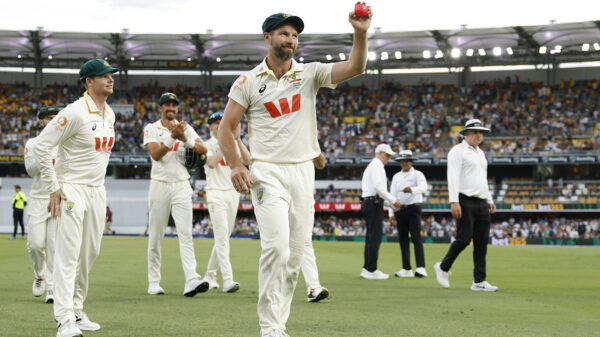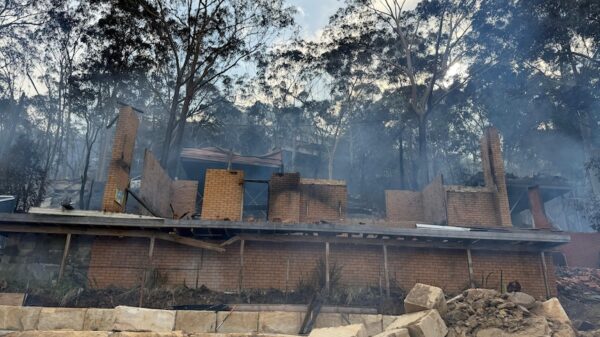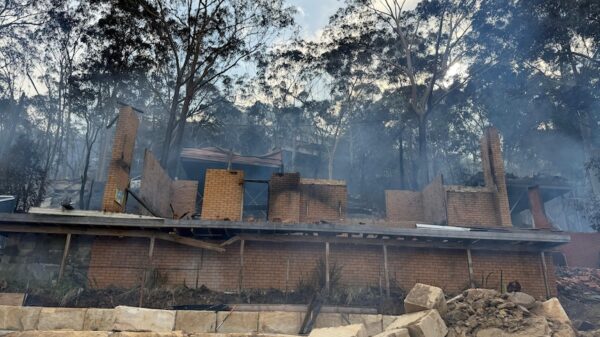Australian Prime Minister Anthony Albanese held a phone conversation with U.S. President Donald Trump focused on trade and security, marking their fourth discussion since Trump took office. Albanese described the call as “warm and constructive” and highlighted discussions around the economic relationship between the two countries.
In a social media post just before midnight on September 14, 2023, Albanese stated, “We discussed our trade and economic relationship as well as areas for growth including critical minerals.” The dialogue also included a review of shared security interests, underscoring the importance of cooperation between Australia and the United States.
While the phone call has been deemed positive, there is no confirmed date for a face-to-face meeting between the two leaders, a meeting that Australia has been pursuing since Trump’s election. This follows an anticipated discussion during the G7 summit in Canada in June, which was canceled when Trump returned to the U.S. early to address issues in the Middle East.
Strategic Discussions Ahead of UN General Assembly
The recent conversation comes just weeks before the upcoming United Nations General Assembly, where Trump is expected to participate. Australia plans to collaborate with nations like the United Kingdom, France, and Canada to advocate for the recognition of a Palestinian state during these discussions.
The Australian ambassador to the U.S., Kevin Rudd, welcomed the latest dialogue, emphasizing the strengthening ties between the two nations. He noted on social media, “Lots going on in the US-Australia relationship. And going from strength to strength.”
Additionally, the conversation coincides with Australia’s ongoing efforts to persuade the U.S. to eliminate tariffs on exports. Trump has imposed a baseline tariff of 10 percent on all Australian goods entering the U.S., along with a 50 percent tariff on steel and aluminum imports.
As part of the AUKUS trilateral security agreement, Australia is poised to invest $386 billion in nuclear-powered attack submarines. The U.S. has urged Australia to increase its defense spending to 3.5 percent of its gross domestic product (GDP). Currently, the Australian government allocates 2.02 percent of GDP for defense, with plans to raise this to 2.33 percent by the fiscal year 2033/34.
Political Reactions and Expectations
Employment Minister Amanda Rishworth remarked that the phone call reinforced the strong ties between the allies. “We have the lowest trade tariffs of any country in the world when it comes to the U.S., but no doubt, this builds on what is already a warm relationship between the two of them,” she stated during an interview.
Despite these positive developments, some political figures have expressed concern over the lack of an in-person meeting. Liberal Senator Jane Hume pointed out that it has been over 300 days since Trump assumed office without a meeting between the leaders. “We want Anthony Albanese to step up and represent Team Australia with President Trump, particularly to secure our AUKUS agreements,” she emphasized.
As the political landscape evolves, the expectation remains for a meeting that could further solidify the partnership between Australia and the United States. The ongoing dialogue indicates potential for cooperation on various fronts, including trade, security, and defense, as both nations navigate a complex global environment.






